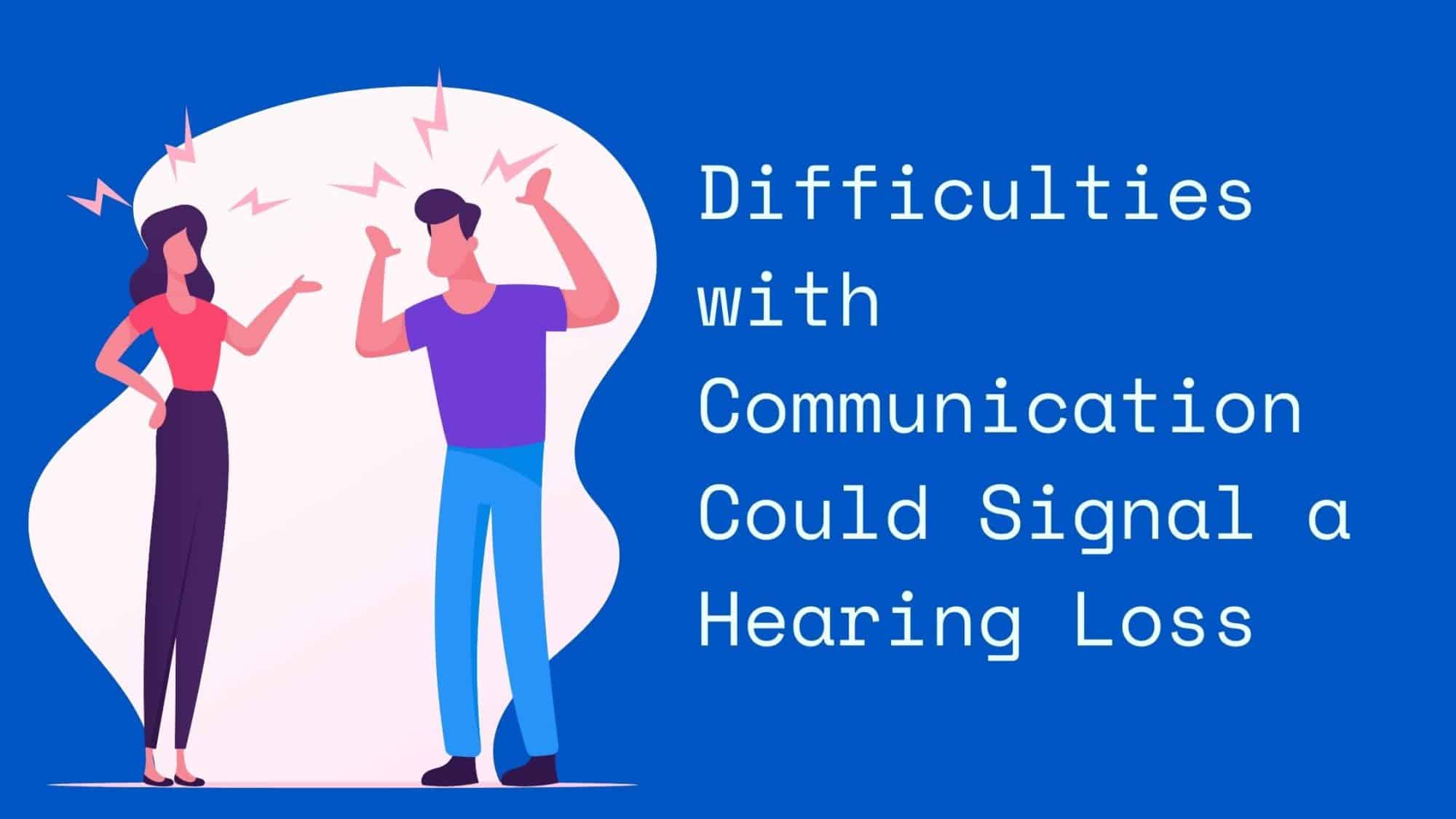- The Connection Between Hearing Loss and Dementia - July 30, 2024
- The Advantages of Rechargeable Hearing Aids - July 16, 2024
- How to Enjoy Music Festivals While Protecting Your Hearing - July 3, 2024
You passed your hearing test with flying colors so everything is great, right? That might not be the case if you still have trouble hearing in chaotic environments or holding conversations when external noise is present. It’s not all in your head. You may be experiencing hidden hearing loss.
Hidden hearing loss is an idea that was introduced just a short time ago and researchers are working furiously to better understand the condition. By definition, hidden hearing loss is the experience of hearing loss, though it is undetectable in standard hearing tests.
The limits of hearing tests
It’s problematic if our means of discovering inconsistencies or deficiencies in hearing don’t identify all cases. The standard hearing test is one in which audiologists and patients invest their confidence and with good cause. These hearing tests pick up on most types of hearing loss and can set you on a course to much healthier hearing with a sound diagnosis.
However, a very small proportion of cases slip through the cracks. In the past, we had no explanation for this. In a paradigm-shifting discovery, scientists identified hidden hearing loss and it has changed how we react to symptoms of hearing loss when no discernable deterioration of hearing is present.
Now, we know that if initial tests reveal hearing within normal ranges that contradict the patient’s experience of disadvantaged hearing, a more comprehensive hearing test is necessary. We need to investigate how sound is processed by your ears and brain.
The root of hidden hearing loss
Typical hearing loss, easily detected by hearing tests, originates from damage to the inner ear cells, which receive sound information. From those cells, the sound information travels to the brain via the auditory nerve. In most hearing loss cases, the cells receive less sound information to deliver to the auditory nerve, which results in the experience of hearing loss. This is detectable in a hearing test because you are physically incapable of detecting some frequencies or sounds.
In hidden hearing loss, when the inner ear cells are in relatively good shape, the sound information is received just fine. However, the sound gets lost in translation because of damage to the synapses, important intersections between nerve cells. Instead of arriving whole and complete in the brain, sound information is lost in the process of communicating to the brain. This can escape detection in hearing tests because you are capable of hearing and identifying sounds in simple hearing tests. A more comprehensive test is necessary, because factors like background noise — extremely common in real world scenarios and unlikely in controlled settings like an audiologist’s office — can greatly impact your hearing comprehension.
Why does hidden hearing loss occur?
We are learning more about hidden hearing loss every day. A 2017 study revealed that a probable cause of hidden hearing loss is myelin deficiency. Myelin surrounds nerve fibers, acting as insulation that also increases transmission efficiency. Even on the other side of a decrease in myelin, when normal levels of myelin are again produced, permanent hidden hearing loss can still be present.
Researchers posit that noise damage, affecting specific synapses we need to process sound information, is to blame for hidden hearing loss. Certainly, our world is getting louder all the time and children are exposed to very loud sounds even at a young age. While you can’t go back in time and undo noise damage to our hearing, you can always prevent further damage from occurring. Be aware of too-loud environments and wear hearing protection, like earplugs or noise-canceling headphones, when necessary.
Consequences of hidden hearing loss
There are consequences to hidden hearing loss and the lack of early detection. At best, you are unable to pursue treatments that might help enhance your hearing life. At worst, it can be crazy making! You know there is something wrong with your hearing and yet, experts are telling you that everything’s fine.
If you have passed a hearing test with flying colors and know that you aren’t experiencing healthy hearing, schedule a hearing consultation with us today. Our team of highly trained hearing health professionals can conduct a more comprehensive test to find out if hidden hearing loss is affecting your life.

